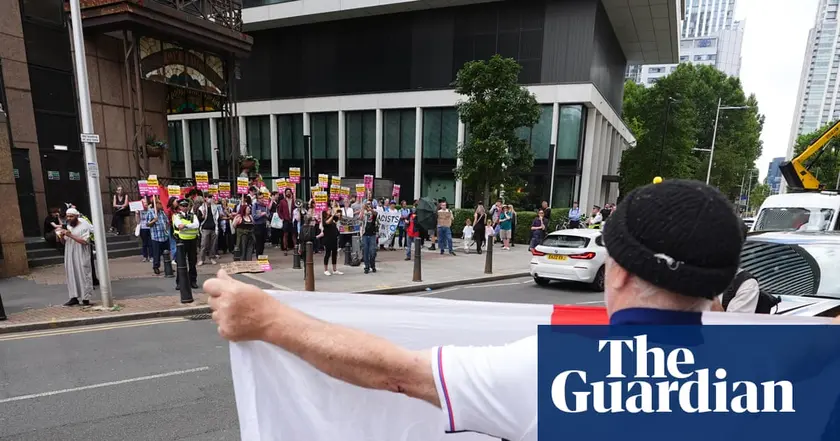T4K3.news
High Court ruling awaited on Epping asylum hotel
The High Court is considering an injunction to stop housing asylum seekers at The Bell Hotel amid protests and safety concerns.
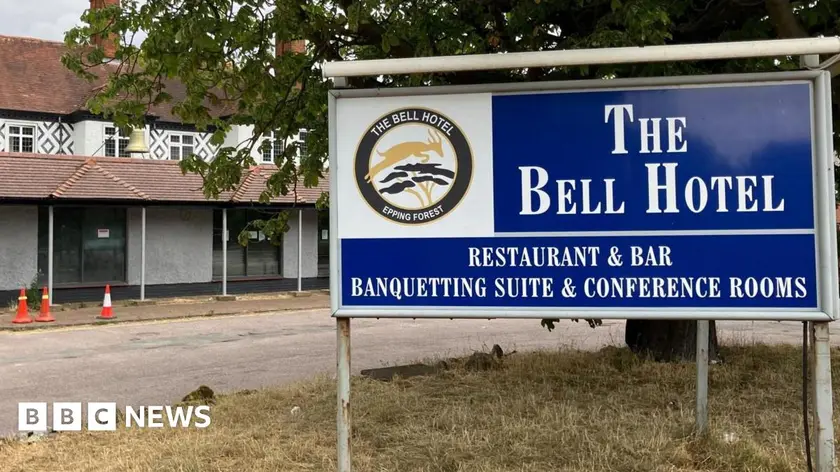
The council says there is a clear risk of further escalating community tensions
High Court to Decide on Epping asylum hotel injunction
Lawyers for Epping Forest District Council told the High Court that The Bell Hotel in Epping should not be used to house asylum seekers, arguing the arrangement poses an unacceptable risk to public safety after violent protests near the site. Essex Police reported large crowds at times, with up to 2,000 demonstrators and 16 people charged in connection with disturbances. Philip Coppel KC, representing the council, said the protests have unfortunately been attended by violence and disorder.
The case asks the judge to grant an injunction to stop the hotel from housing migrants on behalf of the Home Office. The decision could affect how the Home Office secures private venues for asylum housing and how local authorities manage safety around such sites. The council says the risk is clear, while supporters of the scheme argue that asylum processing should proceed without becoming a focal point for political confrontation.
Key Takeaways
"The protests have unfortunately been attended by violence and disorder."
Philip Coppel KC, representing the council
"There is a clear risk of further escalating community tensions."
Description of the case
"Up to 2,000 people demonstrated near the hotel."
Essex Police briefing
"This case tests how authorities balance care for migrants with public safety."
Editorial assessment
The dispute sits at the intersection of humanitarian policy and local safety concerns. When a council casts housing asylum seekers as a public safety risk, it can shape how residents view national policy and fuel pressures on local services. A courtroom ruling will signal whether safety concerns can legally curb a government housing arrangement in a specific site.
Beyond the immediate case, the outcome could influence future contracts and how towns respond to similar setups. It underlines the need for clear safety plans, open communication with communities, and independent oversight when housing arrangements involve migrants and high emotions. Without those steps, legal battles may become the default language of local anxiety rather than constructive dialogue.
Highlights
- Public safety must lead the debate, not loud protests
- Violence is not policy and violence is not acceptable
- A courtroom ruling could cool the streets
- Calm minds play the longer game
Public unrest and political sensitivity around asylum housing
The case involves large protests near a public venue and a court decision on housing asylum seekers, creating potential political backlash and impact on community relations.
A courtroom decision may shape how communities respond to future asylum housing proposals
Enjoyed this? Let your friends know!
Related News
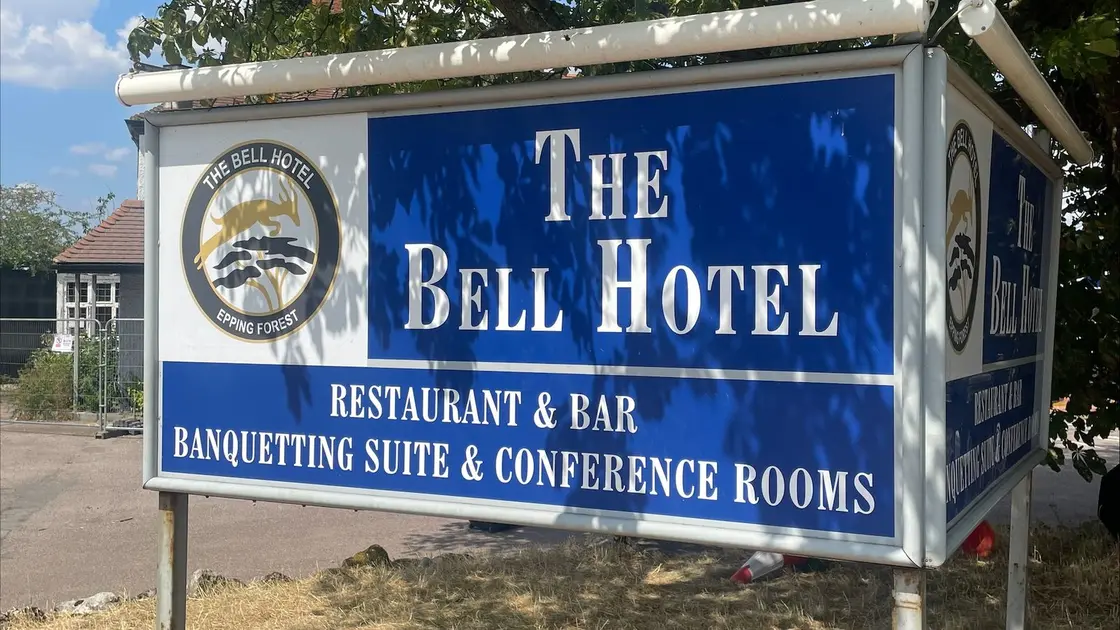
High Court to decide on Bell Hotel case

Judiciary halts new arrivals at Epping asylum hotel

Council acts to close Bell Hotel
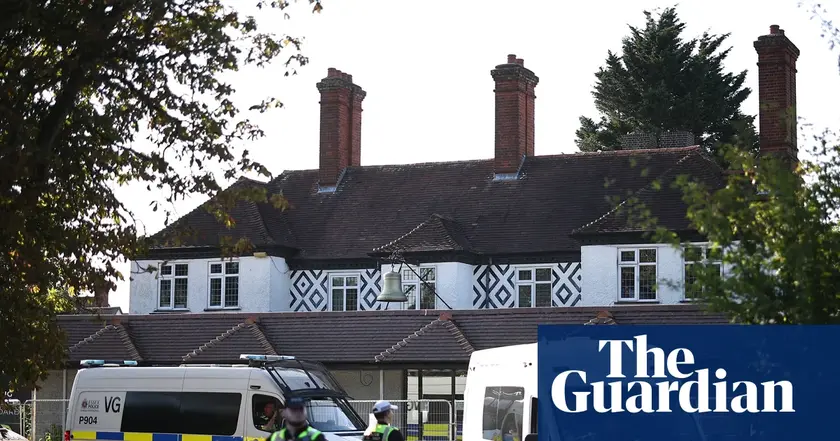
Court weighs injunction against Bell hotel asylum housing
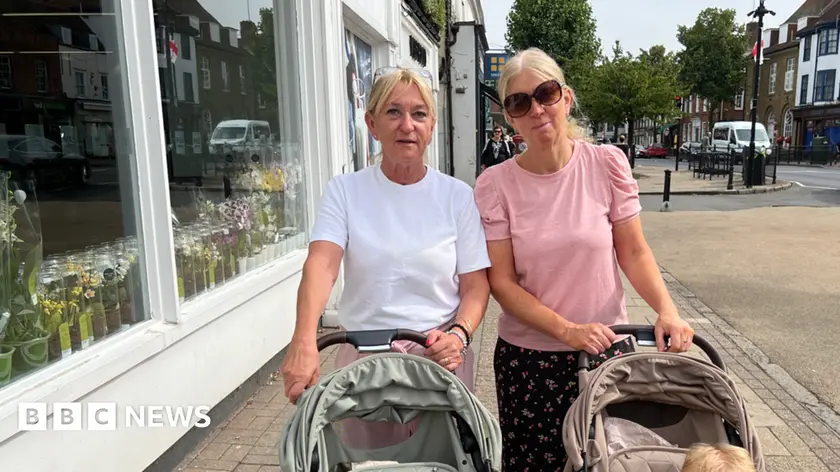
Protests in Epping spark debate over asylum housing
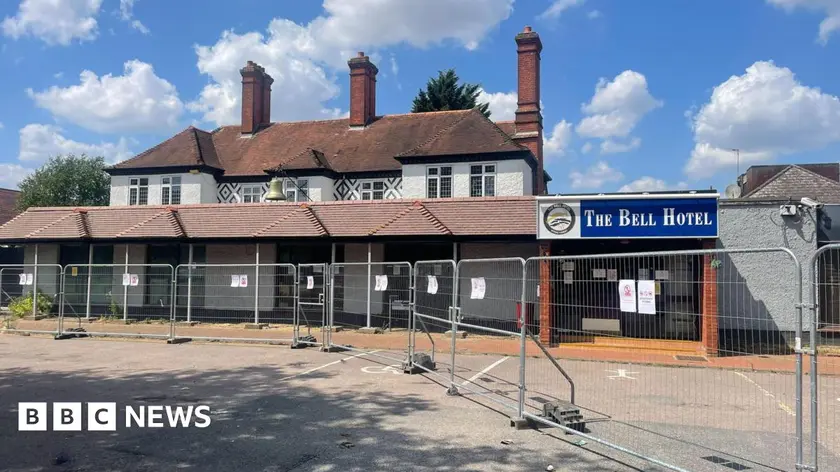
Man charged after Epping hotel protest

Police warn of online tensions linked to Essex protests

Tommy Robinson's Support Network Exposed
